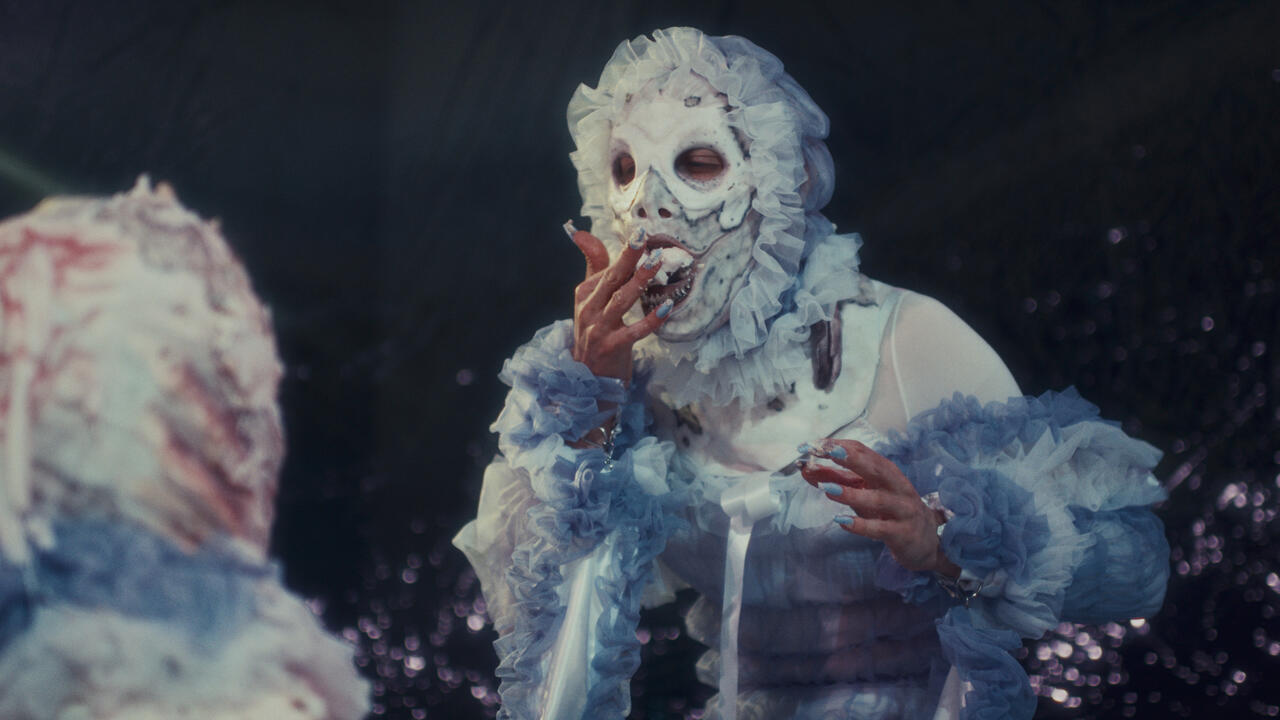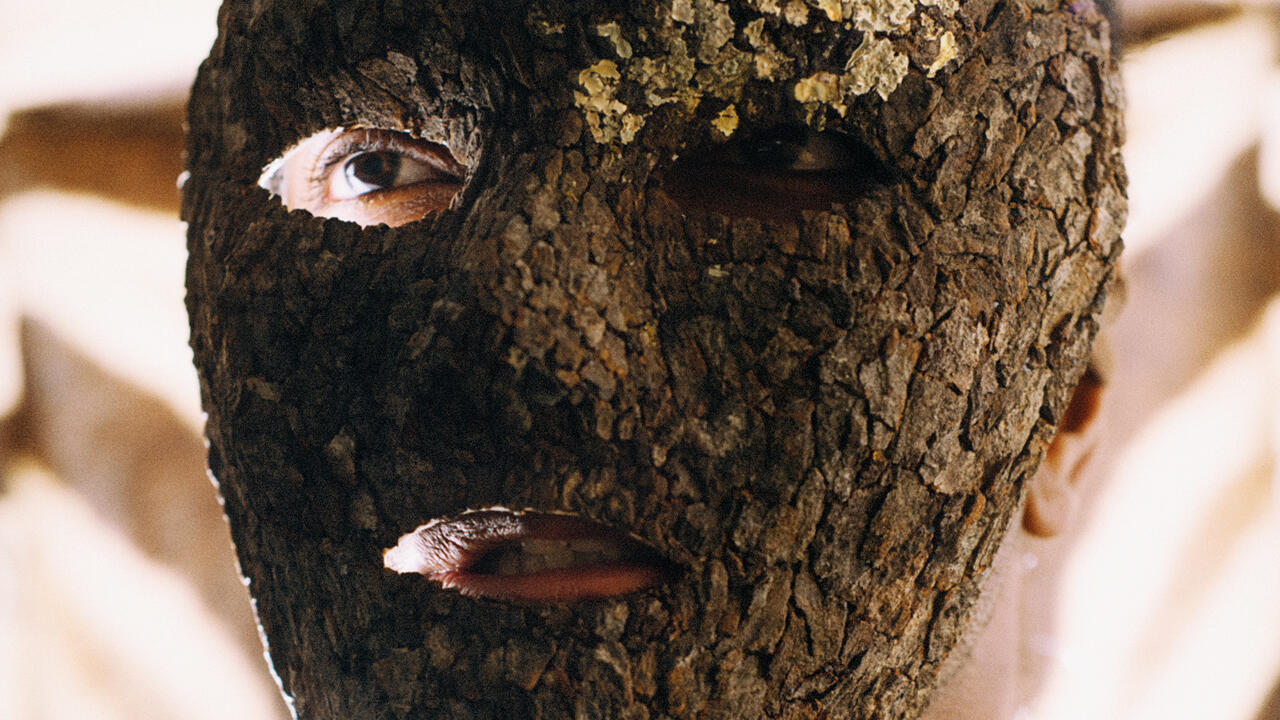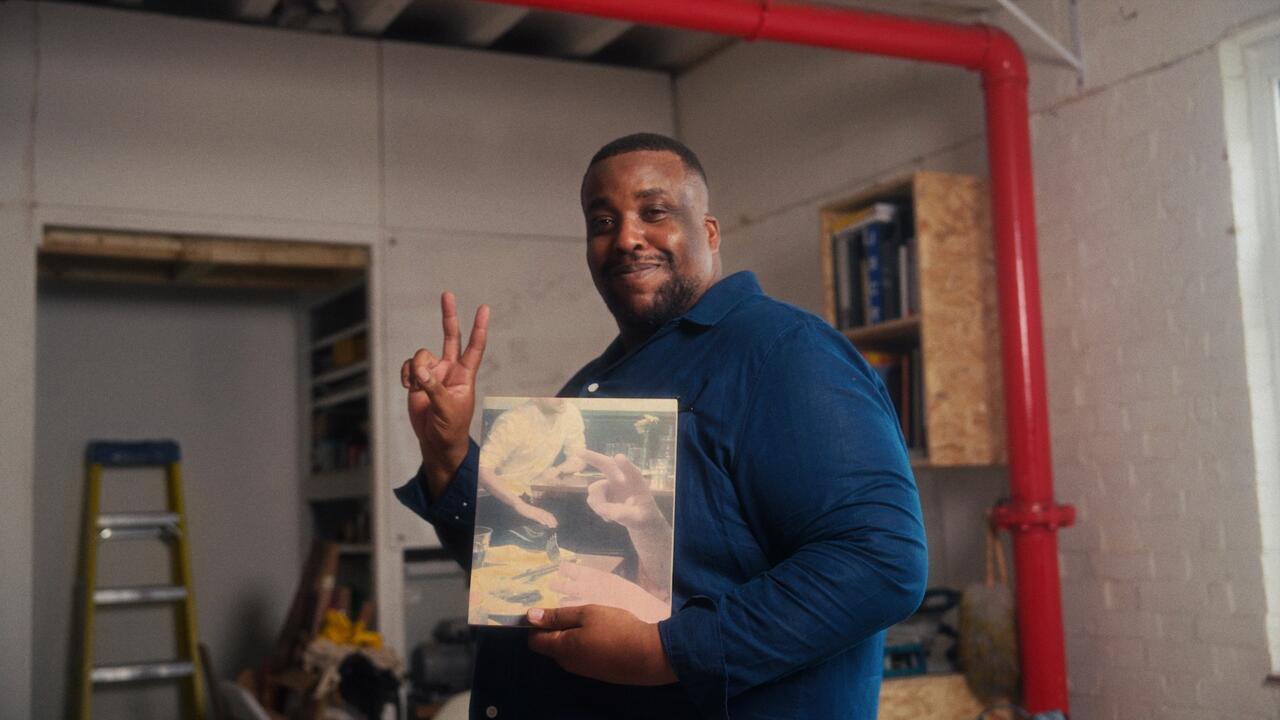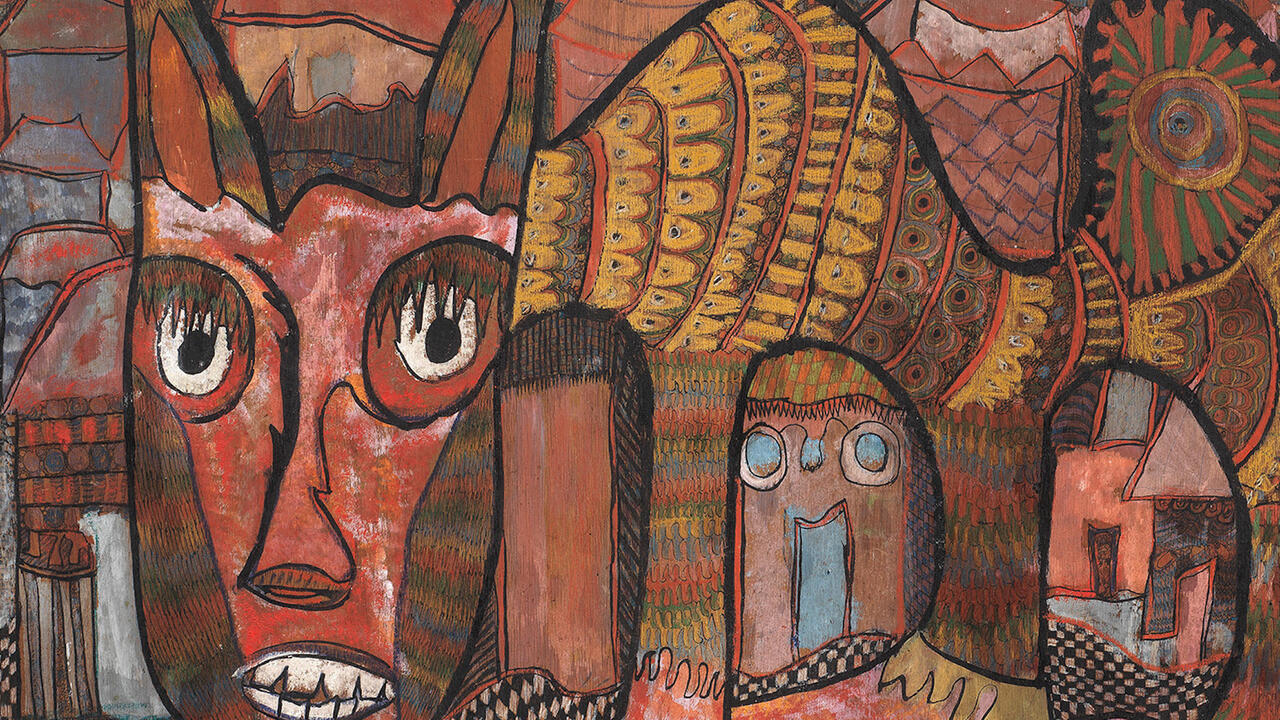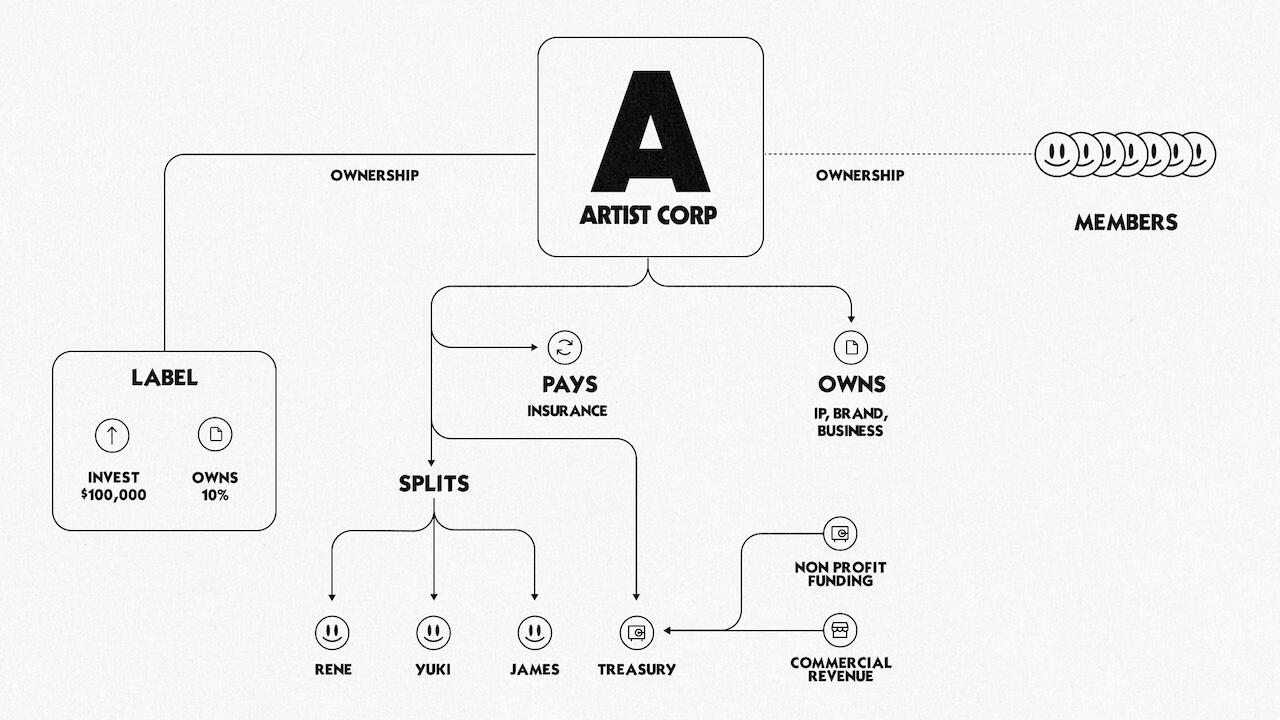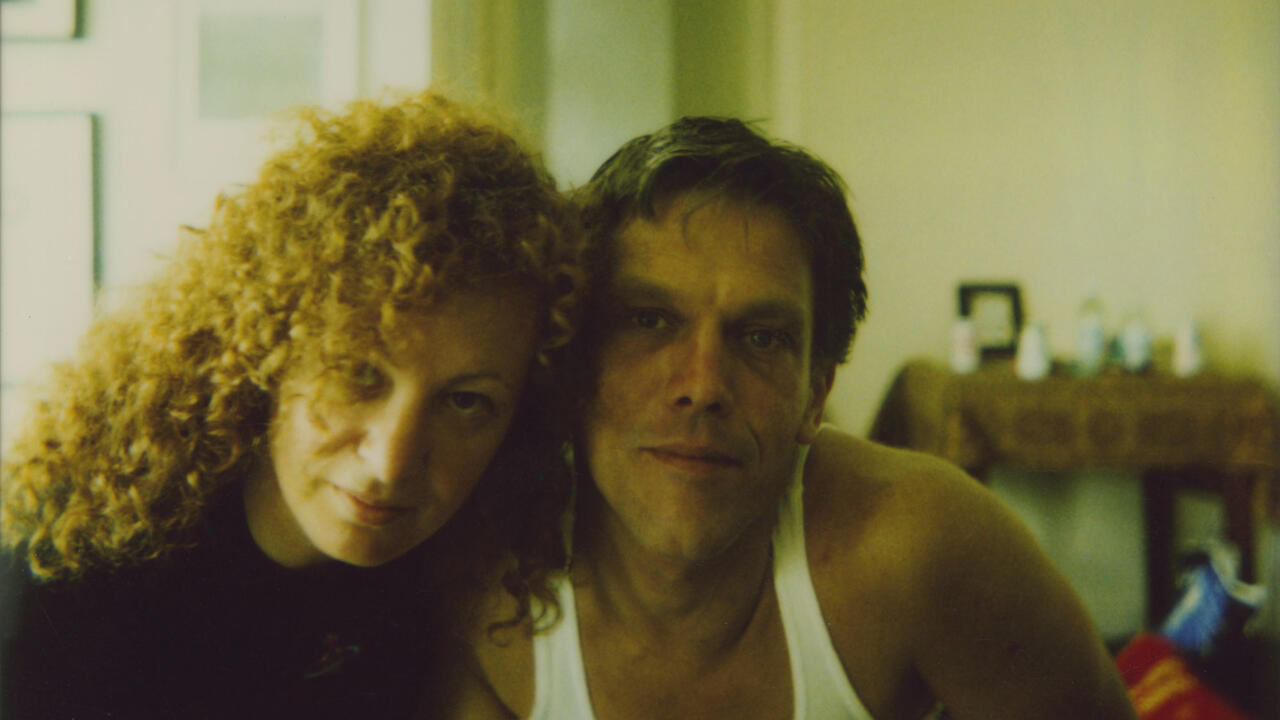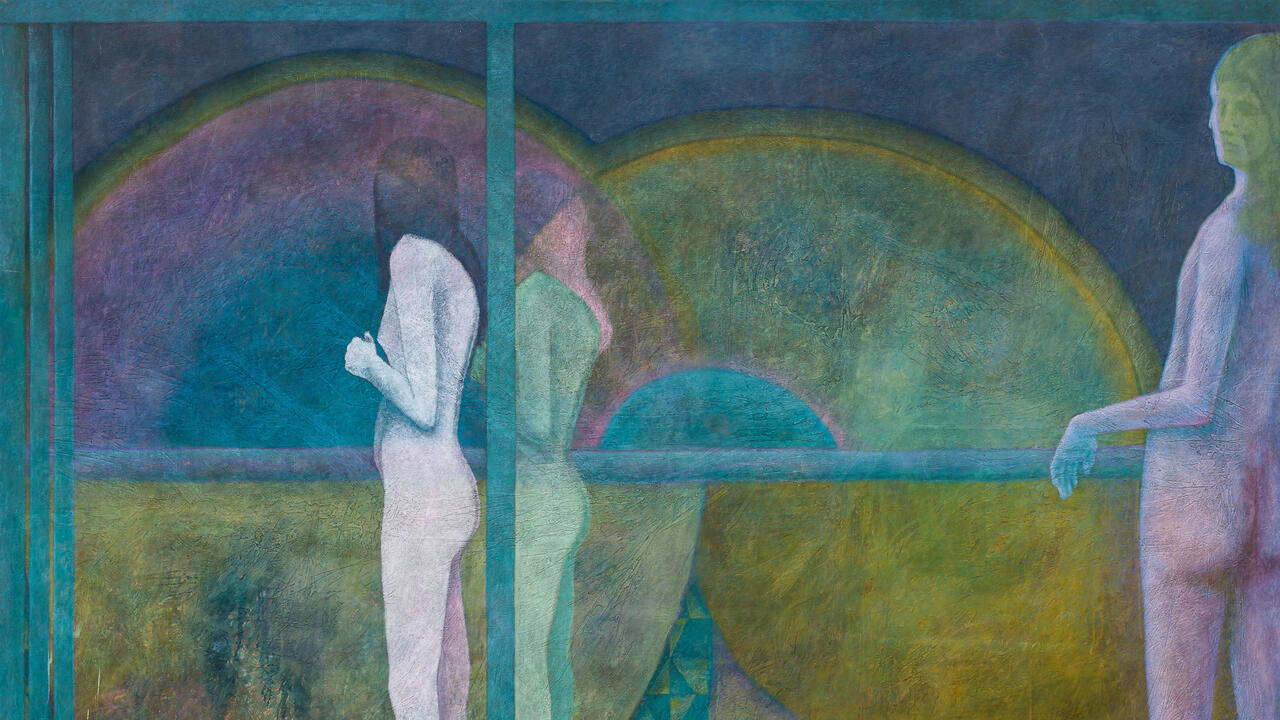Reasons to Be Cheerful
The case against Britpop
The case against Britpop
'Britpop' - just in case you've been in a coma for the last year - is the British music papers' buzzword for an alleged rejuvenation of the pop charts, with the likes of Oasis, Blur, Elastica, Pulp and Supergrass displacing faceless rave/American grunge/super-annuated AOR in the higher reaches of the hit parade. 'Britpop' has become a rallying cry, an excuse for chests to swell with patriotic pride, even making it to the tabloids and the News at Ten. Back in August a cabbie who'd only ever bought four records in his entire life started talking to me about Blur and Oasis. Even he'd heard about their big battle over whose single would that week enter the charts at Number One.
So everybody - industry, media, 'the kids' - is feverish with excitement about Britpop. Why? The music biz, which was having trouble building long-selling careers off the back of dance music and had lost ground to the post-rave indie labels, is thrilled because the Britpopsters are guitar-based bands who willingly constrain themselves within the 3-minute pop single format and radio-friendly, trebley production. The music press is buzzing because Britpop's aesthetic base - the mid-60s, filtered through its late 70s echo, New Wave - had hitherto been strictly an indie style, and thus the province of the inkies. At the same time, the bands are overtly anti-experimental and pre-psychedelic; they combine playsafe 1966-meets-1978 aesthetics with an almost doctrinal ethos of ambition and stardom-at-all-costs. Because the bands it deals with now hit the charts, the prestige and morale of the press has been boosted; people turn to the papers as tipsheets on future stars. Moreover, Britpopsters behave like stars, make an effort to give good face and good copy, and this makes the journo's job easier. And 'the kids'? Even the youngest surely sense, on some subliminal level, that the sound of Britpop harks back to the days when Britannia ruled the pop waves, while the attitude evokes an era when being young was a real cool time. The glory-lust of Oasis' Live Forever, the insouciance of Supergrass' Alright, seem mighty appealing, even as they fly flagrantly in the face of the socio-economic facts.
As it happens, I think Britain is the place to be, pop-wise; it's just that this state of affairs has nothing to do with Britpop. Relatively unheralded by the media, another generation of Britons are waiving the rules. There's the post-rock experimentalism of Laika, Pram, Techno-Animal etc; the trip hop of Tricky, Wagon Christ and the Mo'Wax label; the 'artcore' jungle of 4 Hero, Dillinja, Droppin' Science, the Moving Shadow label; the art-tekno weirdness of Aphex Twin, Bedouin Ascent, et al. All these strands of UK activity are either offshoots of or deeply influenced by club music and sound-system culture; sonically, they're informed by the rhythm-science and studio-magick of dub reggae, hip-hop and techno. And all speak eloquently if non-verbally of the emergence of a new hybrid British identity, a mongrel, mutational mix of black and white.
Britpop is an evasion of the multiracial, technology-mediated nature of UK pop culture in the 90s. If it started a few years ago as a revolt against American grunge (Suede's fey fusion of glam Bowie and glum Morrissey), it has now extended itself into the symbolic erasure of Black Britain, as manifested in jungle and trip hop. For Britpopsters, the 60s have a mythic status as a lost golden age which is alarmingly analogous to the Empire for football hooligans and the BNP. Even more than the insularity of Britpop's quintessentially English canon (Kinks, Jam, Small Faces, Buzzcocks, Beatles, Smiths, Madness), it's the sheer whiteness of its sound that is staggering. Take Elastica, whose singer Justine Frischmann confessed that she could only think of one form of black music she liked: ska (the jerkiest, most New Wavey form of black pop ever!). Or Blur, whose homage to the UK's music-hall pop tradition manages to sever The Kinks from R&B, Madness from ska, and Ian Dury from the Blockheads' fluency in funk and disco.
Damon Albarn's pseudo-yob accent testifies to a nostalgia for a lost white ethnicity, one that's fast eroding under the triple attrition of America, Europe and this nation's indigenous non-white population. Like his hero Martin Amis, Albarn fetishises London's vestigial remnants of authentic white trash as 'the last truly English people you will ever know' (to borrow a lyric from Morrissey, another feller with a dubious penchant for skinheads and villains). Mozzer is right, this is a dying breed, already displaced by a new generation of London youth who speak an alloy of Cockney/Jamaican patois/B-boy slang, watch American sci-fi movies, grapple with Japanese computer games, and listen to sampler-based music like jungle.
It's these kids - the kind you'll find at drum & bass hang-outs like Speed and AWOL - who are today's mods, not the sorry-ass mod revivalists at Camden's Blow Up club. Mod, remember, was short for 'modernist', and meant having utterly contemporary tastes in music, clothes, everything. Today's junglists, trip-hoppers and techno-heads share their 60s ancestors' obsession with records (the obscurest track, the freshest import) as opposed to bands; the same orientation towards Black America and Jamaica; the same anticipation for the future. Camden is supposed to have brought back the idea of Swinging London, but for five years now pirate radio has been making a clandestine cartography of the metropolis, bringing the scent of enchantment to formerly forsaken areas like Peckham and Dalston.
Perhaps even more than race, it is covert class struggle that underpins the Britpop phenomenon: the fetishising - by mostly middle-class bands and fans - of a British working class culture which has already largely disappeared is really a means of evading the real nature of modern prole leisure, which remains overwhelmingly shaped by rave. Blow Up's avowed anti-Ecstasy stance symbolises this perfectly. Not only did E usher in a new and still unfolding era of psychedelic music based around the drugs/technology interface, the drug also permanently altered the mentality of vast tranches of the youth, blasting away reserve, inhibition, emotional constipation, everything in the English character that holds us back. E and rave transformed the UK into one funky nation, but you wouldn't be able to tell that from Britpop. From Blur's rickety arrangements through the stiff robo-beats of Elastica to the raunch-less turgidity of Oasis, Britpop is rhythmically retarded, to say the least. Partly, it's the result of cultural inbreeding, of a white pop tradition that's long since distanced itself from the R&B roots that made the Beatles and Stones dance bands; partly, it's a deliberate avoidance of anything that smacks of lumpen rave.
Thanks to rave, the most vital sectors of 90s UK subculture are all about mixing it up: socially, racially, and musically (DJ cut'n'mix, remixology's deconstructive assault on the song). Returning to the three minute pop tune that the milkman can whistle, reinvoking a parochial England with no black people, Britpop has defiantly turned its back to the future. Here's hoping the future will respond in kind, and remember Britpop only as an aberrant, anachronistic fad - like trad jazz, the early 60s student craze that resurrected the Dixieland sound of 30 years earlier. Perhaps Oasis will one day seem as inexplicable as Humphrey Lyttleton!
Where Blur's The Great Escape and Oasis' (What's The Story) Morning Glory? bask in the setting sun of England's bygone pop glory, Tricky's Maxinquaye and Goldie's Timeless gaze into the future. Both Tricky and Goldie are black British B-boys mindwarped by narcotics and new technology; both share a strikingly similar set of miscegenated influences ranging from art-rock (David Sylvian, Kate Bush) to ambient (Eno) to the black avant-garde (Public Enemy, Miles Davis); both made the Top 5 of the album chart. Reflecting what is really going on in Britain in 1995, Maxinquaye and Timeless offer two versions of a modern inner city blues. Dark, discomfiting, devoid of the callow cheer of yer Blurs and yer Supergrasses, it's these records (and a horde of other trip hop, jungle and post-rock releases) that are the real reasons to be cheerful about British popular music in 1995.





